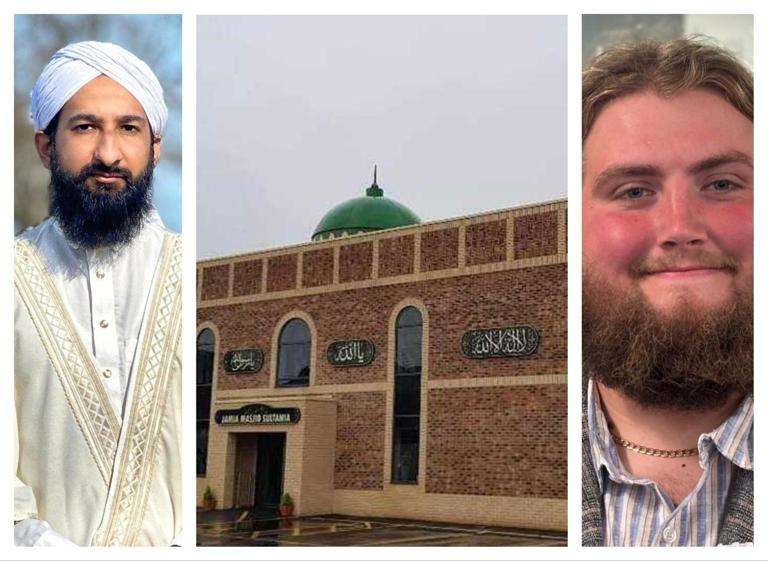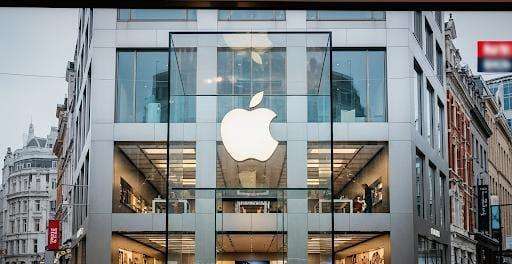The United Kingdom has reportedly withdrawn its contentious demand for a "back door" into global Apple users' encrypted data, a decision that comes after a months-long diplomatic and legal standoff with the tech giant and US officials. The news was confirmed by US Director of National Intelligence Tulsi Gabbard, who stated on X that the UK had "agreed to drop its mandate" to access protected data, a move she says protects the civil liberties of American citizens.
A Controversial Order
The dispute began in late 2024 when the UK government, operating under the Investigatory Powers Act (also known as the 'Snooper's Charter'), issued a secret notice to Apple. This notice, which was never publicly confirmed by the Home Office, demanded that the company provide a technical capability to access encrypted data from its users worldwide.
The order was particularly aimed at Apple's Advanced Data Protection (ADP), an opt-in security feature that provides "end-to-end encryption" for a wide range of iCloud data, including backups, photos, and messages. With ADP activated, even Apple itself cannot access the user's data, making it impossible to comply with a government request without fundamentally breaking its own encryption and creating a "master key."
In response to the order, Apple took two major steps:
- It withdrew the ADP feature from the UK market, making it unavailable to new and existing UK users.
- It initiated a legal challenge against the order at the Investigatory Powers Tribunal, with a hearing scheduled for early 2026.
Diplomatic Intervention and Resolution
The UK's demand was met with immediate and fierce opposition from privacy advocates, civil liberties groups, and, crucially, high-level US government officials. American lawmakers and officials, including Director Gabbard and Vice President J.D. Vance, raised concerns that the UK's order could be exploited by cybercriminals and authoritarian regimes and that it violated the spirit of bilateral data-sharing agreements like the CLOUD Act, which bars governments from issuing demands for the data of US citizens.
According to Gabbard, the reversal is the result of months of engagement between US and UK officials, including President Donald Trump and Vice President Vance. While the UK has not formally commented, a UK official cited by the Financial Times confirmed that the country would not force Apple to break its encryption. The decision effectively brings an end to the legal challenge and is seen as a victory for data privacy advocates.
The Broader Context
This privacy battle is part of a larger, ongoing global debate between governments and tech companies over encryption. Governments, including the UK, argue that access to encrypted data is essential for national security and for investigating serious crimes like terrorism and child exploitation. Tech companies and privacy advocates, however, maintain that creating "back doors" fundamentally weakens security for all users, making their data vulnerable to a wide range of threats.
While the UK's order against Apple has been dropped, the legal powers to issue such notices under the Investigatory Powers Act remain. This leaves groups like Liberty and Privacy International concerned that a future government could attempt to use these same powers to undermine end-to-end encryption on other platforms, such as WhatsApp, which has so far not received a similar notice. The resolution of this particular case, while significant, does not resolve the underlying tension between national security and the right to privacy in the digital age.

_8.jpg)

_7.jpg)




.svg)
